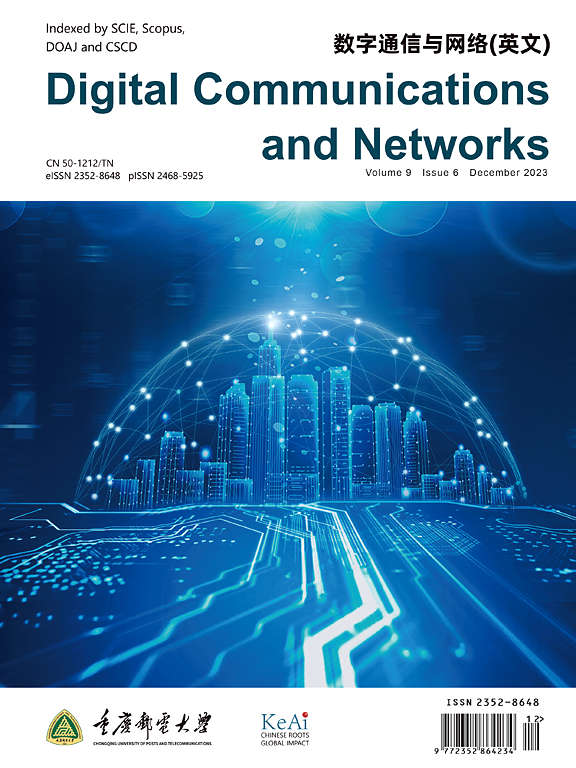Collaborative learning-based inter-dependent task dispatching and co-location in an integrated edge computing system
IF 7.5
2区 计算机科学
Q1 TELECOMMUNICATIONS
引用次数: 0
Abstract
Recently, several edge deployment types, such as on-premise edge clusters, Unmanned Aerial Vehicles (UAV)-attached edge devices, telecommunication base stations installed with edge clusters, etc., are being deployed to enable faster response time for latency-sensitive tasks. One fundamental problem is where and how to offload and schedule multi-dependent tasks so as to minimize their collective execution time and to achieve high resource utilization. Existing approaches randomly dispatch tasks naively to available edge nodes without considering the resource demands of tasks, inter-dependencies of tasks and edge resource availability. These approaches can result in the longer waiting time for tasks due to insufficient resource availability or dependency support, as well as provider lock-in. Therefore, we present EdgeColla, which is based on the integration of edge resources running across multi-edge deployments. EdgeColla leverages learning techniques to intelligently dispatch multi-dependent tasks, and a variant bin-packing optimization method to co-locate these tasks firmly on available nodes to optimally utilize them. Extensive experiments on real-world datasets from Alibaba on task dependencies show that our approach can achieve optimal performance than the baseline schemes.
求助全文
约1分钟内获得全文
求助全文
来源期刊

Digital Communications and Networks
Computer Science-Hardware and Architecture
CiteScore
12.80
自引率
5.10%
发文量
915
审稿时长
30 weeks
期刊介绍:
Digital Communications and Networks is a prestigious journal that emphasizes on communication systems and networks. We publish only top-notch original articles and authoritative reviews, which undergo rigorous peer-review. We are proud to announce that all our articles are fully Open Access and can be accessed on ScienceDirect. Our journal is recognized and indexed by eminent databases such as the Science Citation Index Expanded (SCIE) and Scopus.
In addition to regular articles, we may also consider exceptional conference papers that have been significantly expanded. Furthermore, we periodically release special issues that focus on specific aspects of the field.
In conclusion, Digital Communications and Networks is a leading journal that guarantees exceptional quality and accessibility for researchers and scholars in the field of communication systems and networks.
 求助内容:
求助内容: 应助结果提醒方式:
应助结果提醒方式:


